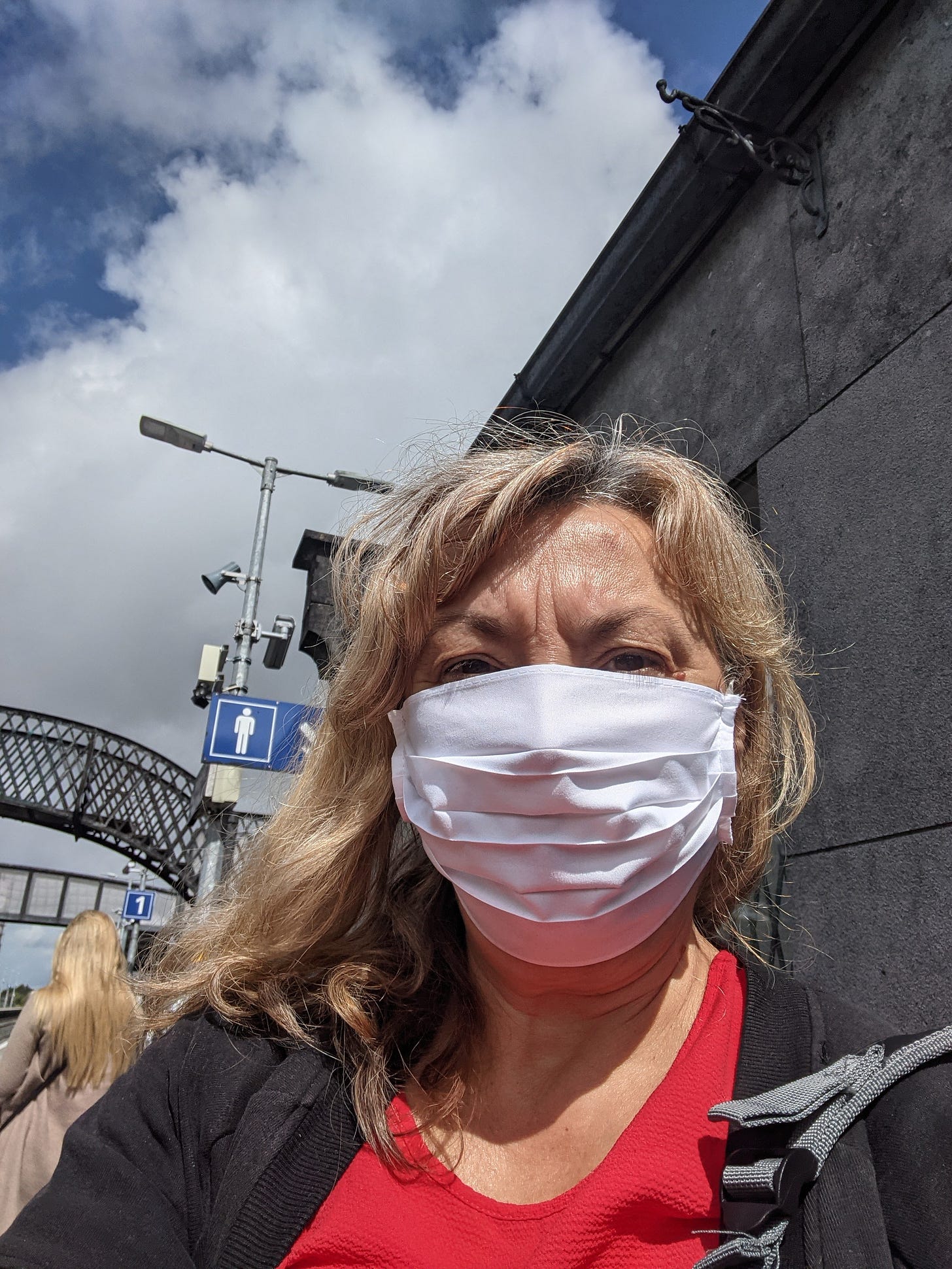
Before moving to Ireland I lived for several years in the UK.
One of the main differences between the two countries, at least up to now if things don’t change, is that the health service is free in the UK but in Ireland you have to pay for everything from hospital visits to GP appointments and prescriptions.
Unless you hold a medical card, you can expect to pay about 60 euro to see your family doctor.
Up until 2023 you had to pay 100 euro per night if you were taken to hospital; this fee was scrapped in the 2023 Budget, thankfully. However, some hospitals may still charge you if you visit A&E; you won’t need to pay if you have a medical card or if your GP refers you.
Getting a medical card, if you are entitled to it
I got my first medical card after I had surgery in 2021. I hadn’t registered with a doctor yet even thought I had been living in Ireland for a few years, so I had to pay 100 euro out of pocket, but thankfully I only had to spend one night at the hospital in Tullamore. Because Athlone does not have a hospital and the right facilities to provide specialist support, I had to go back the following week to Tullamore hospital and spent five hours in A&E for a very simple procedure that could have been done by a nurse in Athlone. I did call the out of hours doctor and I was told that for policy reasons only Tullamore hospital had the responsibility for follow up treatments after surgery.
The last train back to Athlone was at 20.30 and I was still waiting until 21.30 in A&E, so I sat in the waiting room until 6.30am the following morning to catch the first train home. Also, consider than Tullamore train station is about half an hour walk from the hospital and I had to take a taxi to get to the station. Basically, if you don’t have a car or your friends can’t pick you up it’s quite difficult.

After I got home I set off to find a local GP that could take me as a patient and I made a number of phone calls. Unfortunately, all seven practices I contacted were fully booked and had a waiting list for new patients.
Equipped with that information I contacted the HSE (Health Service Executive) and informed them that I needed to register with a doctor but I had been unsuccessful and gave them a full list with all the contact details of the GP surgeries I called. Being on a low income I also applied for a medical card. After a few weeks, on the basis that I provided evidence of not being able to register with a doctor, the HSE issued me with a medical card and allocated a local doctor to me.
My non-Irish friends also told me that they had to submit a list of about 10 doctor surgery offices they contacted as proof to be able to register with a GP, because they were told to join a waiting list. If you are from outside the European Union matters are complicated. As far as I understand it you are advised to have your own private medical insurance in that case. However, even citizens from non-EU countries become eligible to register with a GP and, if they are on low income, receive a medical card once they have been residing in Ireland continuously for one year.
Students from non-EU countries that are in Ireland for more than one year also become eligible for free or subsidised health services depending on their circumstances.
Both non-EU students and workers have to supply all the relevant information to the HSE which will assess their situation based on their earnings, savings and outgoings.
If you are not registered with a doctor you have to pay for emergency doctor appointments. On top of that, you also have to pay full price for any medication. For example, blood thinner medication can cost 150 euro per month. For certain drugs you can apply for the Drugs Payment Scheme which caps the monthly costs to 80 euro a month.
However, if you are a medical card holder, you only pay 2 euro per prescription, which may include more than one type of medication.
Non-EU citizens have to pay so much more than Irish and EU citizens to simply access the same public health services. Private health insurance may not cover all the necessary costs, as some policies only include some hospital services or GP services. For example, a standard health insurance cover costs from 500 euro to more than 1,600 euro a year. More expensive policies include hospital stays either in a shared room or a private room and this could be in a private hospital, while cheaper policies tend to only include stays in public hospitals. Cheaper policies also may not include specialist surgery and post-natal care. Out-patient only health insurance ranges from about 170 euro to 600 euro a year.
For context, if you are a private patient with your own medical insurance the charge to stay in a public hospital in a single room is 1,000 euro or just over 800 euro in a shared room.
Keep reading with a 7-day free trial
Subscribe to Life in Ireland to keep reading this post and get 7 days of free access to the full post archives.



